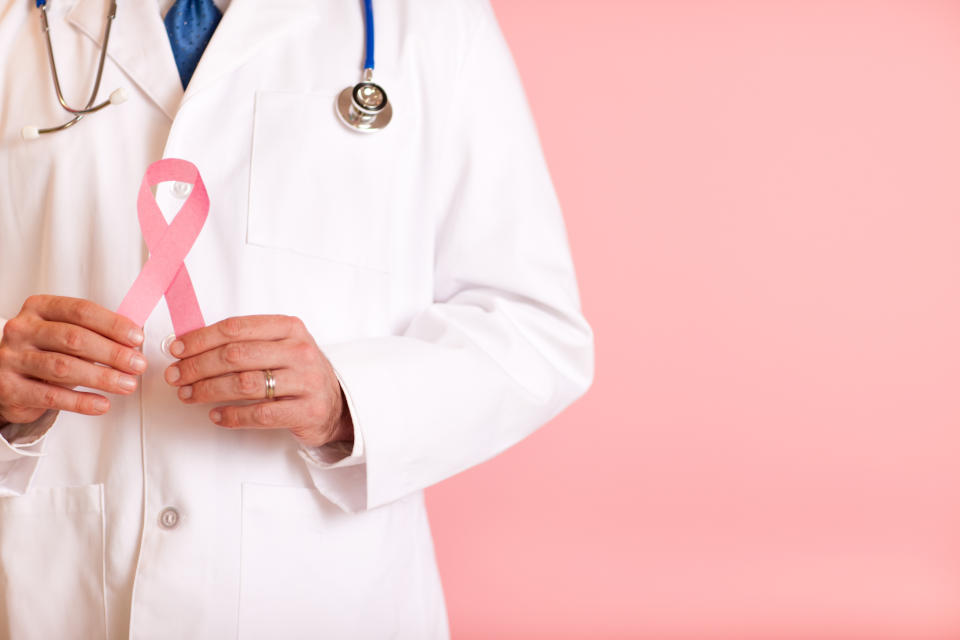Here's what you need to know about breast cancer
While Breast Cancer Awareness month may attract a large following — inspiring celebrities and athletes to dress in pink — the actual facts surrounding the disease often go undiscussed. Given the high rates of breast cancer nationwide, this is a dangerous gap in knowledge, especially for women.
According to the American Cancer Society (ACS), breast cancer is the second most common cancer among females, leading to over 250,000 new diagnoses and 40,000 deaths in women each year. That puts the absolute risk of an average woman getting breast cancer — over an 80-year period — at 12 percent (approximately one in eight). But risk varies based on personal history; for women with a BRCA mutation or family member with the disease, the lifetime risk is much higher.

So how do you go about managing the risks?
On top of finding out your chances (which can also be explored through this National Institute of Health tool), it’s important to be informed about what exactly happens to the body when breast cancer occurs. According to the Centers for Disease Control and Prevention, breast cancer is essentially what happens when — like other cancers — the cells of the breast grow uncontrollably.
This can manifest in a variety of ways, but most commonly presents symptoms like lumps in the breasts, irritation of the skin, pain in the nipple area, discharge, or change in the breast’s shape. Prevention and screening guidelines tend to vary, depending on which organization you ask, but most recommend that women begin mammograms, either every year or every two years, at age 50. The United States Preventative Task Force, however, recommends talking to your doctor beginning at age 40, and discussing whether the benefits of starting earlier mammograms outweigh the risks.
While men are not immune from the disease, they are at much lower risk. The ACS estimates that breast cancer will lead to 2,550 new cases and 480 deaths among men this year.
Nita Landry, MD, FACOG, says that while getting tested regularly is important, being aware of your own body is, too. “Self breast awareness is so important,” she tells Yahoo Lifestyle. “Know how your breasts look and feel so you can tell your doctor if you notice any changes. Symptoms can vary, from no obvious signs at all to swelling, skin changes and lumps. Make sure you know your breasts because although family history is very important, about 8 out of 10 women who get breast cancer do not have a family history of the disease.”
Read more from Yahoo Lifestyle:
Topless protest alleges malpractice over breast-cancer surgery: ‘Paternalism at its finest’
Cut down on bacon and sausages to prevent breast cancer, researchers say

